On-page SEO refers to the optimization techniques that you can implement directly on your website to improve its visibility in search engine rankings.
On page SEO tricks
- High Quality Content: Create unique, informative, and engaging content that provides value to your audience. Focus on relevant keywords and use them naturally within your content.
- Keyword Optimization: Conduct keyword research to identify relevant keywords for your content. Use these keywords strategically in your title tags, headings, meta descriptions, URLs, and throughout your content. However, avoid keyword stuffing, as it can negatively impact your rankings.
- Title Tags: Create compelling and keyword-rich title tags for each page of your website. Keep them concise (around 60 characters) and relevant to the content on the page.
- Meta Descriptions: Craft unique and persuasive meta descriptions for your web pages. Although meta descriptions don’t directly impact rankings, they influence click through rates from search engine results pages (SERPs).
- Heading Tags: Use heading tags (H1, H2, H3, etc.) to structure your content logically. Include relevant keywords in your headings to provide context to search engines and users.
- URL Structure: Create clean and readable URLs that include relevant keywords. Avoid using lengthy URLs with unnecessary parameters or numbers.
- Image Optimization: Optimize your images by using descriptive file names and adding alt tags. This helps search engines understand the content of the images and can drive traffic through image search results.
- Internal Linking: Establish a logical internal linking structure to help search engines discover and navigate your website easily. Link to relevant internal pages using descriptive anchor text.
- Mobile Optimization: Ensure your website is mobile-friendly and responsive. With the increasing use of mobile devices, search engines prioritize mobile optimized websites in their rankings.
- Page Speed: Improve your website’s loading speed by optimizing images, using caching techniques, minimizing CSS and JavaScript files, and leveraging content delivery networks (CDNs).
- User Experience: Focus on delivering a great user experience by having an intuitive website navigation, clear calls to action, and easy-to-read content. User experience is an important factor for search engine rankings.
- Schema Markup: Implement schema markup to provide search engines with additional information about your content. This can enhance your appearance in SERPs and improve your click-through rates.

Conclusion:
Remember, on-page SEO is just one aspect of overall search engine optimization. It’s essential to combine it with off page SEO techniques, such as link building and social media marketing, to maximize your website’s visibility and organic traffic.

